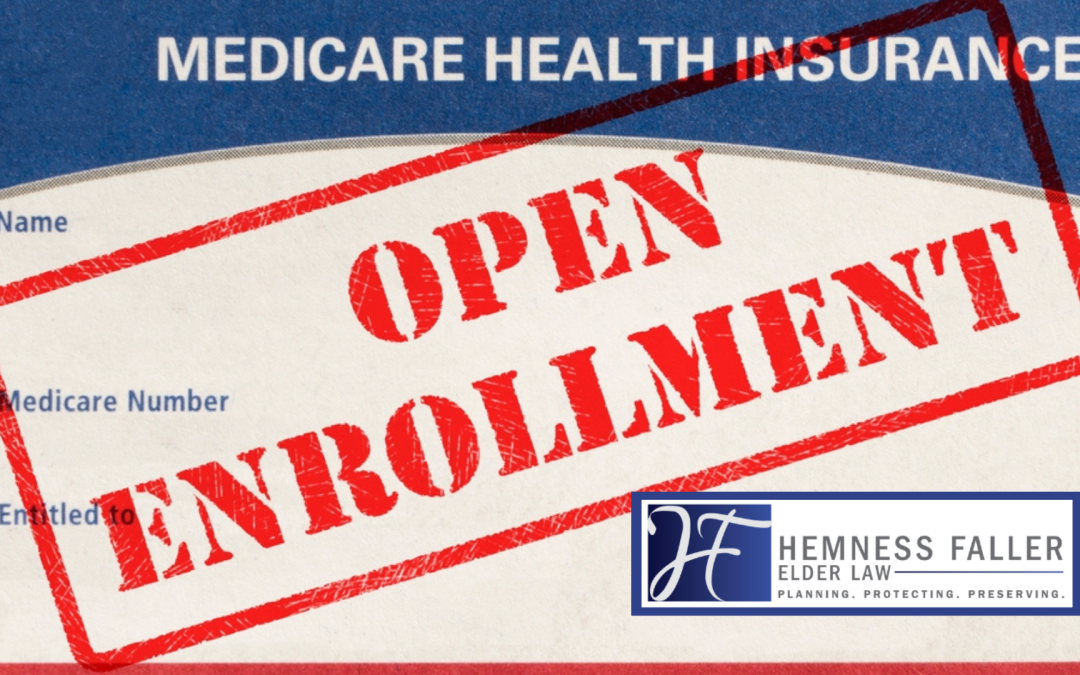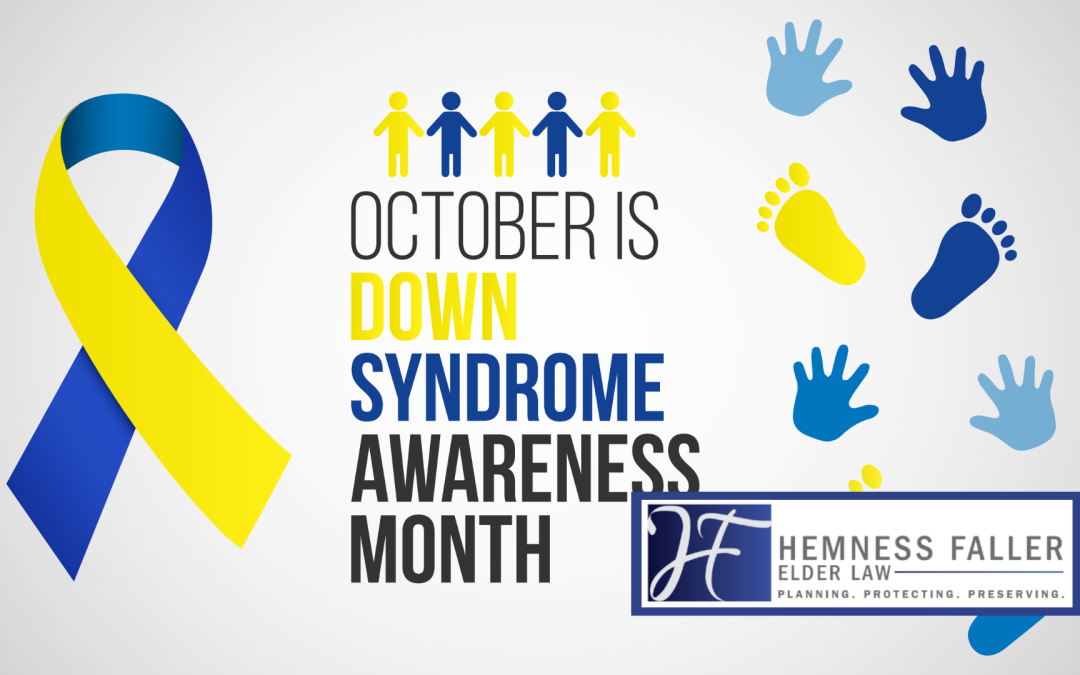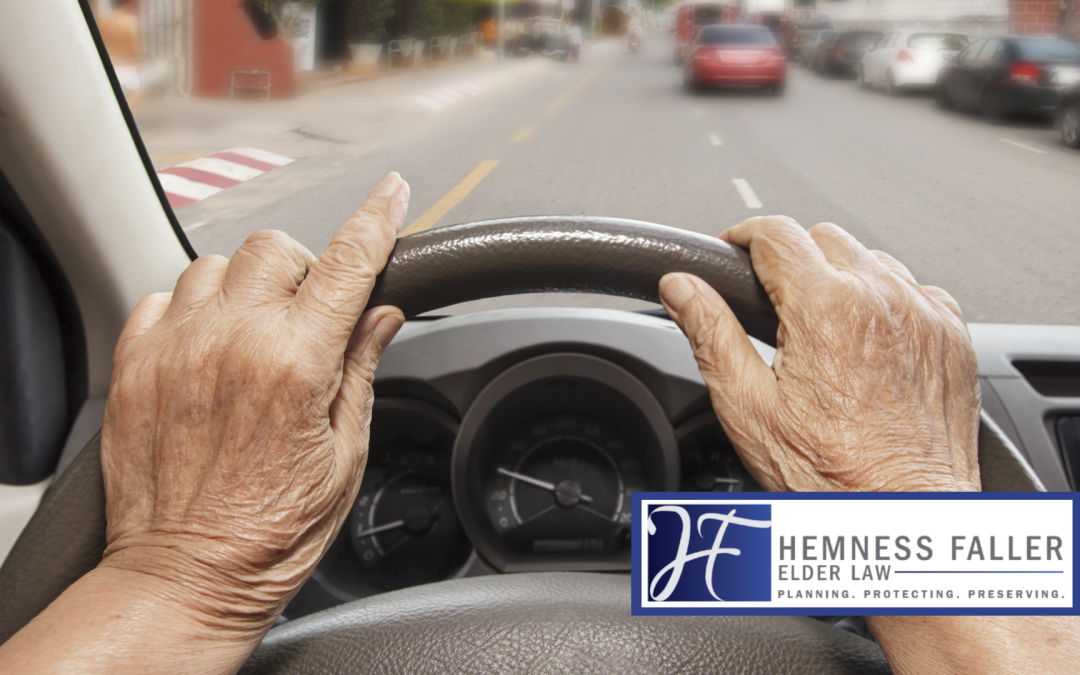The first week in December is Older Driver Safety Awareness Week. While the annual event has already passed, there was plenty of information offered that remains relevant throughout the year. One of the biggest takeaways was that Older Americans are at elevated risks of driving accidents, but those risks can be reduced through common safety measures.
First, older adults need transportation. Without it, seniors are often confined to their homes. Securing driving alternatives for seniors who cannot drive is absolutely necessary, but must be undertaken responsibly. Adult children, neighbors, friends and family, as well as the senior him or herself, can work together to ensure that the elder is able to remain as independent as possible to meet his or her basic needs. This includes, but is not limited to, activities such as grocery shopping, attending doctors’ appointments, and health care obligations.
That said, declining vision, hearing and cognition, combined with frailty and medical problems such as heart disease, dementia and other impairing maladies, puts Older Americans in jeopardy of serious accidents. Additionally, both prescription and over-the-counter medicines, especially those used for sleep, mood, pain, and allergies, can lead to drugged driving and tragic consequences.
Let us share a few key facts about seniors and driving that you may not know:
- One in six drivers in the U.S. is age 65 years or older.
- Older adult drivers are more than twice as likely as drivers aged 24-64 to report having medical problems that make it difficult to travel.
- Four in five older adults take one or more medications daily.
Further, physical changes that occur with age can also alter the way the older adults react to medicines. The result is that side-effects can be exacerbated, and the ability to concentrate while driving can be reduced. The risks are more dramatic when dehydration, malnutrition, and medicine-mixing are compounding factors.
There are ways you can protect yourself and your senior loved ones. Let us share with you several steps that you may take to combat these risks right here in our blog:
- Discuss any medical issues with a doctor to determine if they might impact driving.
- Discuss stopping or changing medications with a doctor or pharmacist if you’re experiencing impairing side-effects, such as blurry vision, dizziness, sleepiness, confusion, fatigue or loss of consciousness.
- Get vision and hearing check-ups at least once a year.
- Eat a healthy, regular diet and stay hydrated throughout the day.
- Plan safe driving routes before getting on the road.
- Consider potential alternatives to driving, such as riding with a family member, using public transit or car ride services.
We know how challenging it can be as a Florida senior to contemplate a time when you may no longer drive. We also know what a difficult conversation this can be to have for a family. While there may never be a “right” time to discuss these and other critical elder care issues, we encourage you not to put off the conversation. Do not wait to contact our law practice and schedule a meeting to discuss your needs with our experienced, local team.






